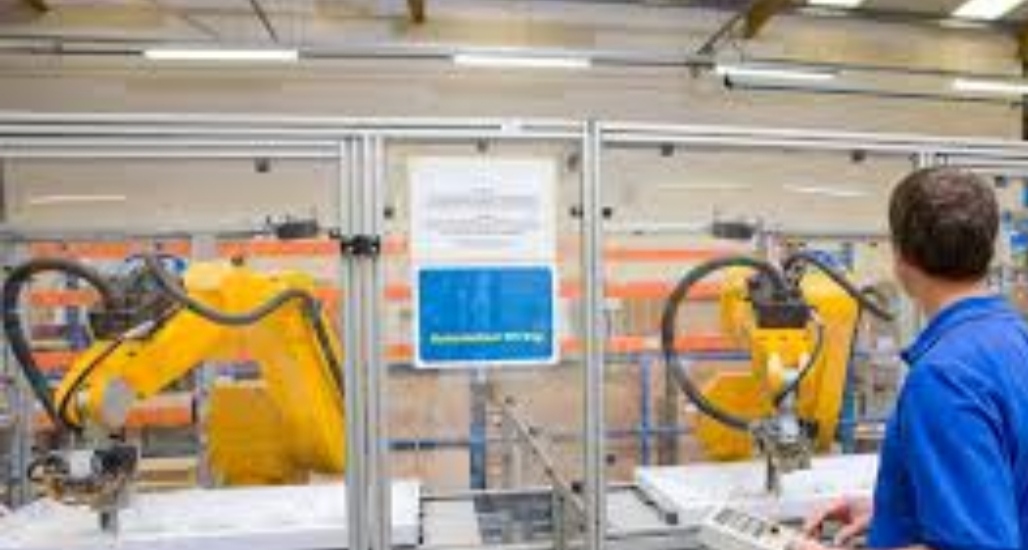The future of work is undergoing a significant transformation, driven by technological advancements, changing demographics, and evolving industry landscapes. Job growth is not uniform across all sectors, as certain industries are poised to thrive while others face disruption.
One of the most prominent drivers of change is automation and artificial intelligence. Jobs in industries like manufacturing, retail, and customer service are increasingly being automated, leading to concerns about job displacement. However, this also creates opportunities for the growth of technology-related fields, such as software development, data science, and cybersecurity.
The healthcare industry is another sector experiencing substantial job growth. The aging population and advancements in medical technology are driving demand for healthcare professionals, from doctors and nurses to medical researchers and administrators.
Renewable energy is a burgeoning field, with the global shift towards sustainability creating numerous job opportunities in solar, wind, and hydroelectric power. As the world grapples with climate change, the renewable energy sector is set to expand further.
The gig economy is reshaping the job landscape, with more people opting for freelance and contract work. Platforms like Uber, Airbnb, and Upwork have created new job markets and income streams, changing traditional employment dynamics.
Education and upskilling will be crucial in preparing the workforce for the future. Lifelong learning and adaptability will become key skills as industries evolve and new technologies emerge.
In conclusion, the future of work is dynamic and multifaceted. While some industries may experience job displacement, others are poised for significant growth. Adapting to these changes will require a flexible and educated workforce, ready to embrace emerging opportunities and navigate evolving job markets




